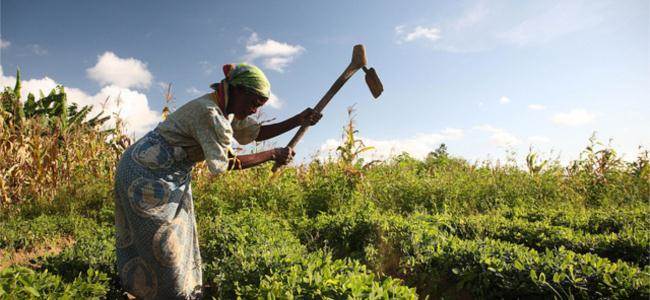Around 85 % of the population live in rural areas, mainly employed within agriculture. The vast majority of farmers are smallholder subsistence farmers. Agriculture is critically important to the food security of households and the nation as a whole, as food security for households depends largely on own production of food. With most crops being rain fed, there is considerable year-to-year variability in production and consequently in the food security of households across the country. In an average year, around 1 million people are food insecure in the lean season. Prolonged draughts as well as flash floods are hitting the agricultural sector hard, and the country is therefore extremely vulnerable to the effects of climate change.
Based on the Action Plan on Sustainable Food Systems as well as Malawian priorities outlined in the National Agricultural Investment Plan (NAIP); the Embassy will support the following areas during the period 2020-2023:
1. Food production and nutrition
Emphasizing increased food production; that Malawi’s agriculture should be sustainable and climate adapted as well as the need to produce both enough food and food that is required for a nutritious diet.
2. Value creation and markets
Emphasizing sustainable value creation and business development in the food sector leading to reduced food loss, increased food security as well as job creation for young people.
3. Policy and Governance
Emphasizing the importance of the dialogue between the Donor Coordination group on Agriculture and Food Security (DCAFS) and the government on policy issues. Norway chairs DCAFS for one year from June 2020. Funding will also be given to concrete interventions to support district authorities, specifically on land rights issues.
4. Research
Emphasizing knowledge based agricultural development through continued cooperation between LUANAR and the Norwegian University of Life Sciences.
